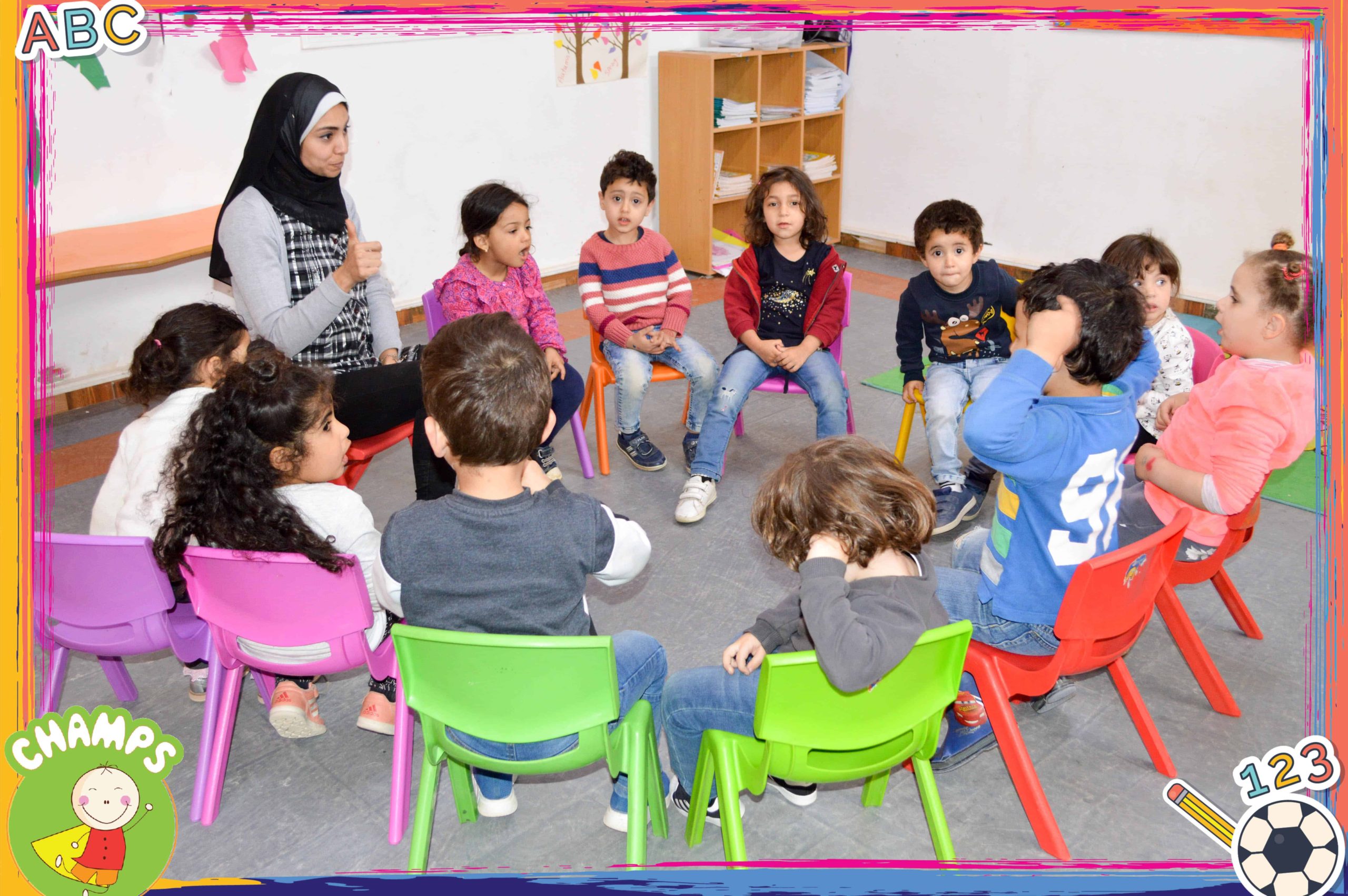Parenthood is like the opposite of surgery.
Where surgery can end up with you losing a limb, becoming a parent is like growing a new arm or leg. Something miraculous and amazing, but which comes with decades of responsibility and demands both physical and emotional. And while surgery has thousands of textbooks transcribing the science into illustrations, rules and guidelines, there has never been —nor is it likely there will ever be— a rulebook for parenthood.
On second glance, parenthood isn’t like surgery at all.
Surgery is much easier!
Anyone who’s entered the whirlwind of parenthood will agree that it’s not something you can do on your own. You need help. Oftentimes, you just need to vent. You need someone who’ll understand when you can no longer bear the sound of screaming, and whom you know will not judge you when you complain that your children are ruining your life. Someone whose advice you can count on, and who will not shy away from telling you when you’ve made a mistake.
You need another parent.
Several other parents, if such a thing is feasible.
THE DIFFERENCE BETWEEN HAVING A SUPPORT SYSTEM AND GOING THROUGH THE MIRACULOUS, ALBEIT TERRIFYING EXPERIENCE OF PARENTHOOD ON YOUR OWN CAN BE LIFE-CHANGING.
And that’s where support groups come in.
How to start a support group?
Well, first off, you need a group.
Look for a group of parents who are going through similar circumstances or facing similar difficulties. The more the members of the support group have in common, the better chance it has at making an impact.
To demonstrate, here are some examples of support groups you can start with your immediate circle:
- A group for parents currently potty-training their children.
- A group for parents of children with speech difficulties or speech delay.
- A group for parents who live in Tagamo’ (The Fifth Settlement)
- A group for mothers/fathers of children who fall on the Autistic spectrum. • A group for first-time Mommies and/or Daddies.
- A group for parents living with clinical depression.
- A group for mothers whose husbands work abroad.
- A group for parents of non-Egyptian nationalities.
- A Fathers’ club that meets every couple of weeks to discuss the challenges and joys of fatherhood.
- A parenthood book club.*
*There are hundreds of great parenthood books out there. Unfortunately, there isn’t enough TIME for a parent to read. So how about a group of parents pick a book and divide the chapters among themselves so that each gets to read fewer pages over the period of a month. Then by the end of the month, the parents get together and discuss what they’ve read. It’s both a chance to get out of the house and take time for yourself and an opportunity to exchange parenting techniques and strategies.
Secondly, you need to choose a platform.
A Facebook or WhatsApp group is great in the sense that it’s simple to put together and easy to join and share experiences. But online platforms can’t guarantee that everyone gets to contribute, and can sometimes get too noisy or lose sight of their original purpose.
THE BEST STRATEGY I’VE FOUND IS TO SHARE A WHATSAPP OR FACEBOOK GROUP BUT ALSO SET REGULAR OFFLINE MEETINGS.
How often your group meets depends upon the availability of its members in addition to their needs. A potty-training support group, for example, can meet every week to share progress and offer support in a process that’s already time-limited. But parents who live in Tagamo’ or Sixth of October or Nasr City may choose to meet every two or three weeks, trading stories and expressing joy or frustration over a long-term process filled with ups and downs.
Third is setting guidelines for the support group.
Any project needs a WRITTEN set of rules to make it easy to organize and to be fair to all members. With a flexible but well-defined set of rules, you’ll always know when you’re straying from your group’s objectives and you’ll have a reference to go back to whenever problems arise.
You can update these guidelines with a vote and use them to explain how the group works to new members.
Ideas for guidelines:
- – Who gets to be part of the group?
- How often do you meet in person?
- Where do you meet?
- Will one person get to organize and host meetings or will you go in a circle alternating the role between each other?
- Who facilitates the meetings?
- What do you discuss throughout the meeting?
- How do you ensure everyone in the group gets to contribute?
- Does the group tolerate criticism and/or advice-giving?
- What kind of comments or ways of speaking does the group accept and reject?
- How will you provide confidentiality of what’s discussed, if needed?
- What is the penalty for breaching a parent’s confidentiality or speaking in an inappropriate manner?
Now that you have a framework for your group, it’s time to start offering support.
Having a support group means sharing your stories and experiences. It means sharing positive as well as negative feelings and thoughts with honesty and without fear of judgement. It means creating a safe environment in which you know that what’s said will remain within the group and that everyone in the group share the same objectives and have the same goals.
It’s about forging a human bond with people you can depend on to be by your side in hardships and are the first you call to share triumphs.
It’s bringing order to a chaotic experience, about letting go of the need to be in control every single moment of every single day, about finding someone who gets it, even if they don’t always have all the answers.
It’s about sharing the beauty as well as the hardships of motherhood and fatherhood.

